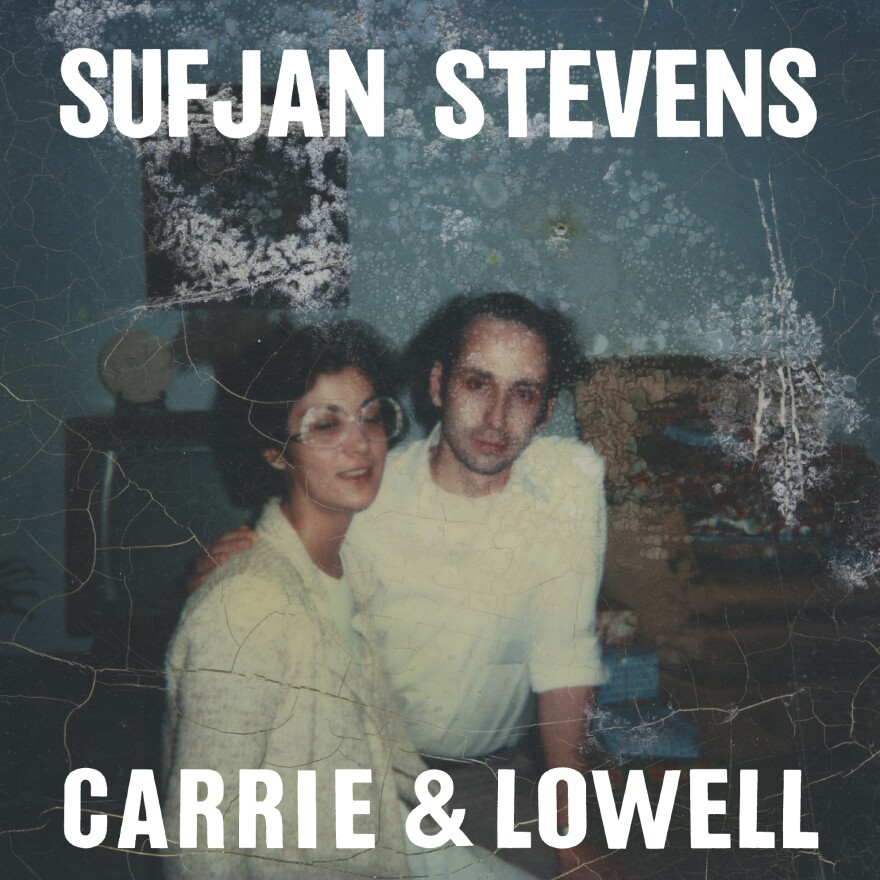Sufjan Stevens' career has covered vast swaths of thematic ground: To say nothing of his ballet score, his electronic concept record about the Chinese zodiac or his album-length instrumental tribute to the Brooklyn-Queens Expressway, 2005's Illinois and 2003's Michigan synthesized lessons in state history and geography with finely detailed, tenderly emotional treatises on love, faith, grace, alienation, want and death.
Carrie & Lowell focuses most acutely on the sadder, darker and more ambivalent corners of that checklist — no surprise, given that the album's title references Stevens' mother, who died at the end of 2012. (For more of the story, read this incredible interview.) These are intensely personal songs, constructed with sincerity, care, a compassionate fascination with religious faith and connection, and an innate understanding of the way messy, overlapping emotions can color our memories. In a sense, it feels like a concept album about silence — silence to reflect, silence following a death, silence as an alternative to noise and confusion — in such a way that it demands silent attention. It's a soundtrack for late-night drives and solitary Sunday mornings when every distraction is muted.
As such, Carrie & Lowell sheds most traces of the singer's whimsical side, heard frequently on his many Christmas records and side projects. Instead, this is the Stevens who peppered Illinois with songs like "Casimir Pulaski Day," about a deeply religious young man who suffers a crisis of faith after losing the object of his affection to bone cancer. On Carrie & Lowell, that suffocating sadness reaches its peak in "Fourth of July," a heartbreaking message to a recently departed loved one. Punctuated by an assortment of tender, almost childlike pet names — "my little hawk," "my dragonfly," "my star in the sky" — the song builds to the repetition of four inescapable words: "We're all gonna die."
Yet even at its most mournful there's vibrancy to these songs that's only enhanced by their intimacy. Stevens sheds the lengthy experimental detours of his last full-length solo album, 2010's The Age Of Adz, but still infuses his music with subtly inventive touches: the choral shimmer that closes "Death with Dignity," the gorgeous voices that weave themselves into the increasingly complex fabric of "No Shade In The Shadow Of The Cross," the pitter-patter percussion of the title track. And Stevens' perfectly chosen, like-minded collaborators — Laura Veirs, Bon Iver's S. Carey, Thomas Bartlett and others — leave their stamp quietly, so that even the most lavish moments of Carrie & Lowell connect as softly and surely as whispers under blankets.
Copyright 2022 NPR. To see more, visit https://www.npr.org.




